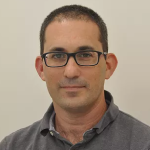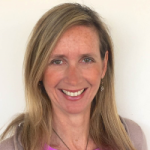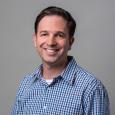Dear Colleagues,
We are happy to invite you attend the Israeli Society of Gene and Cell Therapy's (ISGCT 2023) meeting, which will take place on July 3rd, 2023 at Bar-Ilan University in Ramat Gan.
Gene and cell therapy have gained immense momentum in global health, with numerous drugs on the market and advanced clinical trials being conducted. The role of Israeli researchers in the rise of this field has been significant, with ground-breaking contributions to stem cell research, genome editing, T cell engineering, and more.
However, there are still significant challenges to be addressed. For example, we need to improve delivery methods and increase the therapeutic potency of gene and cell therapy while ensuring safety and affordability. Additionally, we need to develop new treatments for incurable human diseases that can be scaled up for widespread use.
Meeting these challenges will require the innovative and dedicated efforts of individual researchers, as well as the support of strong scientific communities. The ISGCT aims to facilitate the sharing of ideas and data, foster collaboration, and advance clinical translation.
In our upcoming ISGCT 2023 meeting, we are thrilled to have Professor Matthew Porteus from Stanford University as the keynote speaker. We are also excited about the impressive line-up of speakers from Israeli academia, clinics, and industry. Please join us at the ISGCT 2023 meeting.
Looking forward to seeing you there!
Ayal Hendel, PhD, Bar-Ilan University
Chair of the ISGCT 2023 meeting
Organizing Committee



Prof. Adi Barzel Prof. Dinorah Friedmann-Morvinski Dr. Ayal Hendel